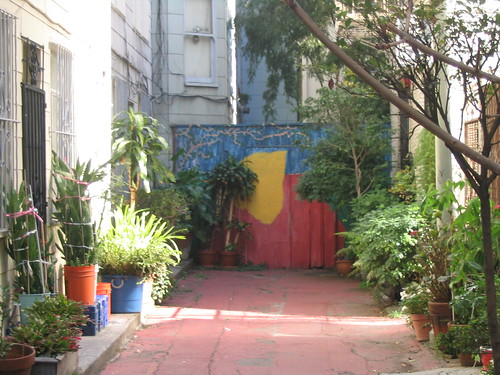According to this article in The Telegraph, Monty Don, an English horticulturist and TV host say's we shouldn't waste our time trying to convince Millennials into the garden. According to Don, "I think we put far too much interest in trying to get ten to 20 year olds interested in gardening. I think you should do everything you can to try and get them interested up to the age of 10.”
I agree. No one pushed me into horticulture, or the garden. My interest developed on it's own without any encouragement from the trade. As Don say's, "When you’re 15 whatever your parents tell you you should do, you’re not going to do it. Any self respecting 15-year-old [will rebel] and so they should."
"I think much better to make sure they have access to it up to the age of 10 and of course don’t take it away at that point, and just let them come.”
The marketing attempts from most of the trade organizations geared towards millennials fall on deaf ears. Millennials will migrate to the garden on their own, if they choose. Likely it will be the realization that in the garden the hope for our future rests. Not with new technology, new media, or slick ad campaigns, but in the garden where one can make a difference that is real and dynamic. Horticulture is the future, and millennials will realize that when they do.

